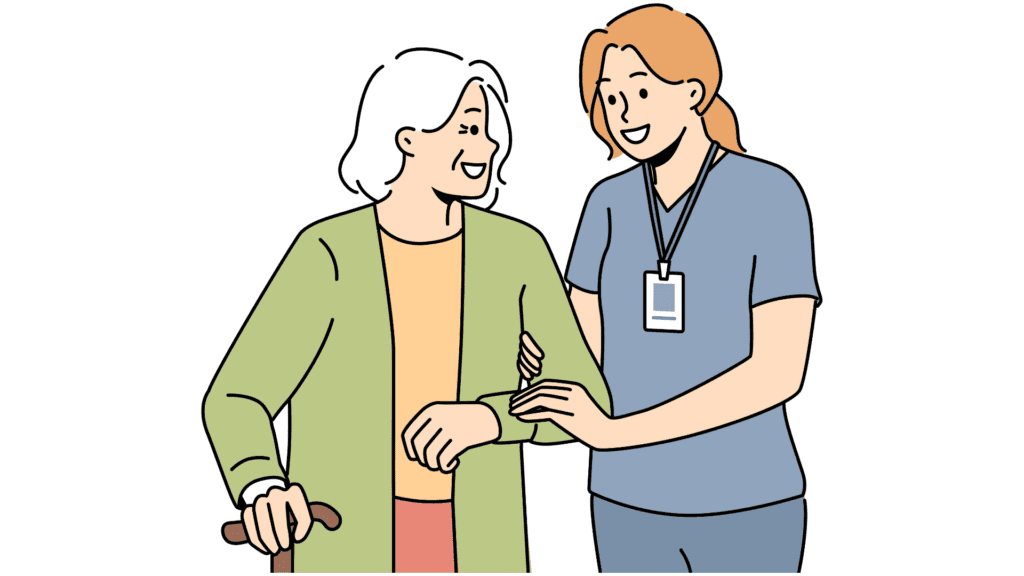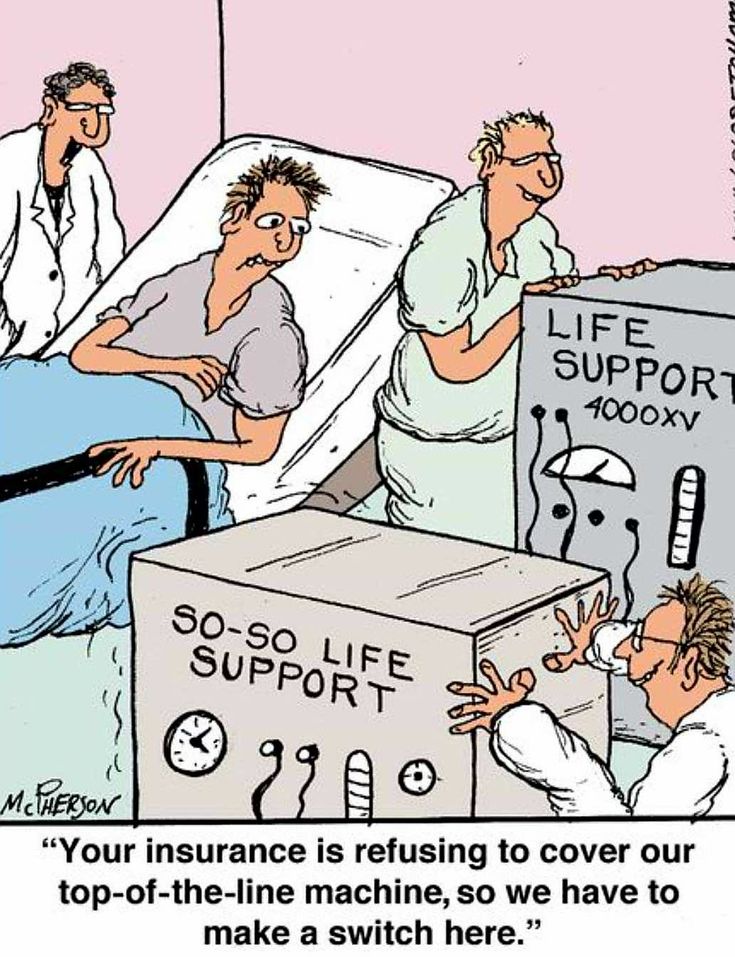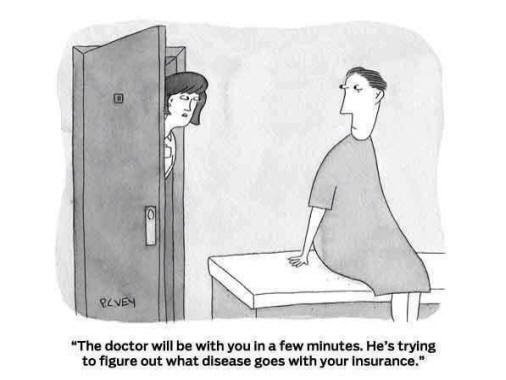Who Qualifies as a Caregiver Under Medicare Rules

Think Medicare’s going to pay your cousin to help take care of grandma? Not so fast.
Let’s talk about who Medicare actually considers a caregiver, because the answer might surprise you.
Medicare’s Definition of Care
First up – Medicare has a very specific idea about who counts as a caregiver. Forget what you’ve seen on TV or heard from friends.
Under Medicare rules, a qualified caregiver isn’t your helpful neighbor or even your dedicated family member. They’re looking for professionals: skilled nurses, physical therapists, and other healthcare pros with fancy letters after their names.
I know, it’s not what most people think of when they hear “caregiver.” But Medicare plays by its own rules.
Getting Care Approved
Here’s what actually needs to happen for Medicare to cover caregiving:
You need to be what Medicare calls “homebound” – and yes, they’re pretty strict about what that means. We’re talking legitimate difficulty leaving home, not just preferring to stay in your pajamas.
You’ll need a doctor to say you need the care (obviously), but it goes deeper than that. They require a face-to-face assessment and detailed documentation. Because apparently, a doctor’s word isn’t enough anymore – they need paperwork to prove the paperwork.
What Medicare Actually Covers

Here’s where things get interesting (and by interesting, I mean complicated).
Medicare will cover things like wound care, medication management, and therapy services. But – and this is a big but – they’re pretty picky about how and when these services happen.
Want a home health aide to help with basic stuff like bathing or dressing? Medicare will only cover that if you’re also getting skilled nursing care. It’s like they won’t help you shower unless someone’s also changing your bandages.
And forget about getting help with grocery shopping or cleaning. Medicare sees those as “convenience services” rather than medical care. Because apparently, eating is optional.
Recent Changes Worth Knowing
Starting in 2024, medicare is planning to help train family caregivers (finally admitting that families exist), create new billing codes (thrilling, I know), and offer more support for people with dementia.
Like everything with Medicare, the devil’s in the details, and those details are still being worked out.
Other Ways to Get Help

When Medicare says no (which is often), you’ve got options:
Medicare Advantage plans sometimes offer extra perks that original Medicare doesn’t. Think meal delivery and rides to the doctor.
Medicaid might help if you qualify. Unlike its pickier cousin Medicare, Medicaid actually acknowledges that people need help with daily activities.
Veterans benefits can be a goldmine if you qualify. The VA often covers services that Medicare won’t touch.
And there’s always long-term care insurance – if you planned ahead and bought it when you were younger and healthier.
In summary Medicare’s idea of a caregiver probably doesn’t match yours. They’re looking for medical professionals, not family members, no matter how qualified your relatives might be.
